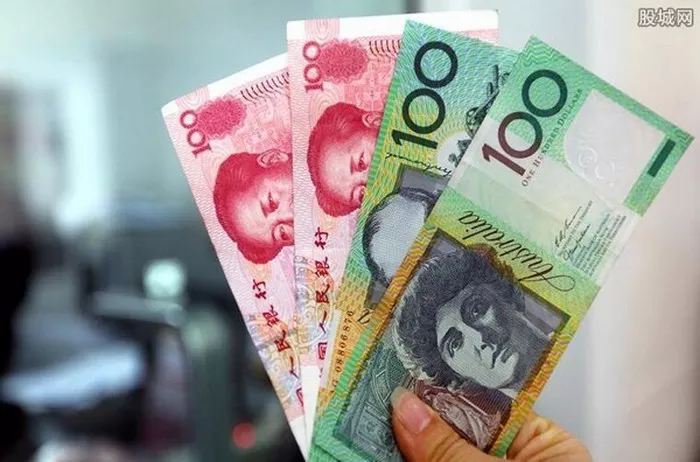The Australian dollar surged on Thursday after the country’s employment data far outpaced market expectations, while the yuan marched higher after China’s monetary authorities ramped up efforts to defend its weakening currency.
Australia employment handily beat expectations for a second straight month in June, figures on Thursday showed, as net employment rose by 32,600 from May, exceeding market forecasts for an increase of 15,000.
Its jobless rate also held near 50-year lows, in a show of labour market resilience that could risk further rate rises by the Reserve Bank of Australia (RBA).
That boosted the Aussie and sent it spiking nearly 1% to an intra-day high of $0.6840 in Asia trade, taking the New Zealand dollar along with it.
The kiwi was last 0.63% higher at $0.6303, with both Antipodean currencies on track to reverse four straight sessions of losses.
The Australian dollar has spiked higher across the board after the economy delivered another rate-hike defying report,” said Matt Simpson, senior market analyst at City Index.
Ultimately, it’s another strong set of employment figures which keeps the pressure on a data-dependant (Reserve Bank of Australia) to potentially hike rates in August.
In Asia, China left its lending benchmarks unchanged on Thursday, as expected, though its central bank said in a statement it raised a parameter on cross-border corporate financing under its macro-prudential assessments to 1.5 from 1.25. The ratio dictates the maximum any company can borrow as a proportion of its net assets.
The move was meant to make it easier for domestic firms to raise funds from overseas markets, which comes at a time when the Chinese yuan is facing downward pressure as the country’s economic recovery falters.
Allowing more capital inflows could alleviate the pressure on the currency.
The hike indicated the People’s Bank of China’s policy guidance to “defend the (yuan) and curb the excessive forex volatility alongside the strong CNY fixing bias”, said Ken Cheung, chief Asian FX strategist at Mizuho Bank.
Sources also told Reuters on Thursday that China’s major state-owned banks were seen selling dollars to buy yuan in the offshore spot market in early Asian trades.
The yuan jumped in the onshore and offshore markets following the developments, with both strengthening more than 0.5% against the U.S. dollar.
The offshore yuan was last nearly 0.7% higher at 7.1840 per dollar, while the onshore yuan last traded 7.1770 per dollar, having earlier hit a session-high of 7.1620.
“(It was) a one-two punch driving (the yuan) firmer and supporting sentiment,” said Christopher Wong, a currency strategist at OCBC.
But the move could be short term and the yuan could weaken again if disappointment over the absence of economic stimulus from China grows, he added.
RATES OUTLOOK
In the broader currency market, the U.S. dollar was on the back foot, though strayed away from its recent 15-month low.
Sterling was nursing deep losses after a sharp fall in the previous session following Britain’s inflation data, which undershot market expectations.
The pound was little changed at $1.29385, after having slid more than 0.7% on Wednesday.
That inflation reading pulled back market expectations of further aggressive rate hikes from the Bank of England (BoE), with the prospect of Britain’s rates rising above 6% now likely off the table.
Traders had at one point expected interest rates to rise as high as 6.5%.
“The market I think is a bit more reasonable now with its expectations for rate hikes by the BoE,” said Joseph Capurso, head of international and sustainable economics at Commonwealth Bank of Australia.
The euro rose 0.18% to $1.1220, as investors looked to next week’s European Central Bank (ECB) policy meeting for further clarity on its rate outlook.
ECB policymakers have in recent days taken a more dovish tone, with governing council member Yannis Stournaras the latest to guide that future rate rises past July’s likely 25 basis points increase remains up in the air.
The U.S. dollar index slipped 0.15% to 100.10, but had regained some lost ground after last week’s more than 2% slump.
The Japanese yen rose nearly 0.3% to 139.33 per dollar.


